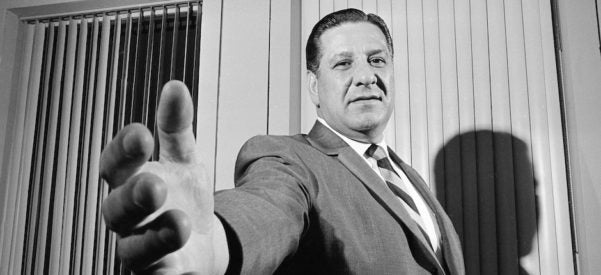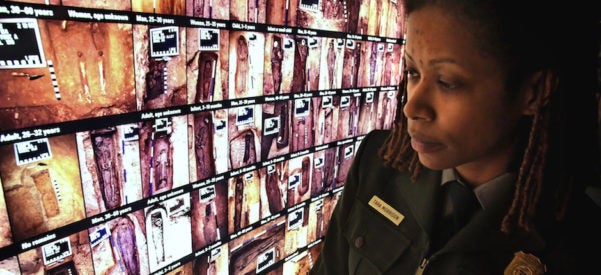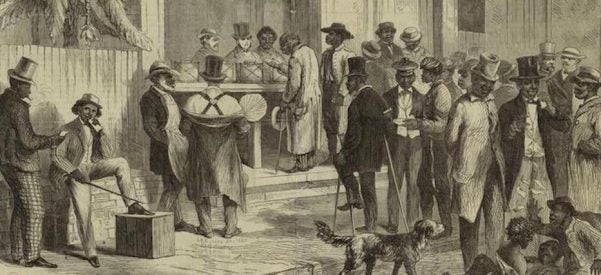When Philadelphia’s Foul-Mouthed Cop-Turned-Mayor Invented White Identity Politics
From 1972 to 1980, Frank Rizzo Led a Blue-Collar Backlash Against Civil Rights—in the Guise of Law-and-Order
Philadelphia’s City Hall was the largest municipal building in the United States when it opened in 1901. Its most outstanding feature towered 548 feet above the street below: a 37-foot-tall statue of William Penn, keeping watch over the city he founded. For most of the 20th century, the tip of Penn’s cap was the tallest point in what once was the fourth largest city in the country.
The grand building, with its elaborate stonework, also provided a fitting home for …




